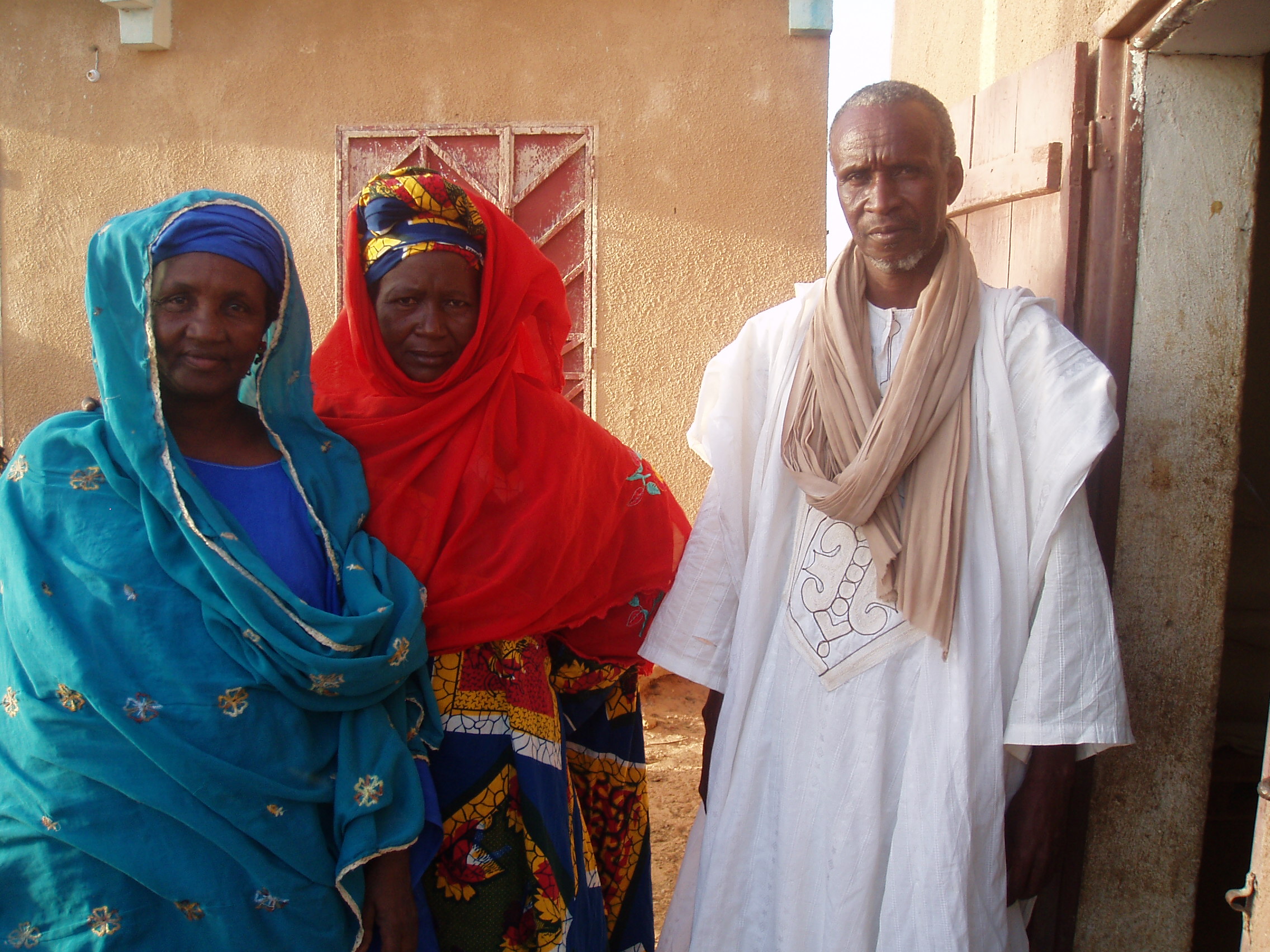Ali Sambadga showed IRIN the contents of his village grain bank - there are just two tonnes of maize left to help thousands of villagers stave off hunger over the next few months.
Sambadga lives in the village of Sayene, 20km west of Keidi in the Gorgol region, part of southern Mauritania’s, agricultural belt. Sayene, with more than one in five people hunger-prone, is classified as “extremely vulnerable”, according to the 2007 Government and World Food Programme (WFP) survey.
“Our grain will last another 45 days and not a day longer,” he said. “And at these prices, we cannot afford to buy much more.”
Skyrocketing global food and fuel price rises have hit people hard in Mauritania where even a good year’s harvest produces just enough food to feed 30 percent of its people.
In villages across Brackna and Gorgol regions, IRIN met villagers who are doing all they can to get through the pre-harvest “lean season”. This usually starts in May but “this year it came early,” said Sambadga.
Working-age men are already leaving the village to do odd jobs like selling wood in nearby towns and cities, and families are selling off livestock to raise money to buy grain.
Most families in M’beida, a village 25km from Keidi, have borrowed money to buy food, and much of the earnings the men bring home go straight into servicing these debts. “Repaying the debts is more expensive this year than last,” says Omu Mint Belel.
And in some cases, villagers are simply eating less. “Already some families are eating only once a day,” she told IRIN.
Village grain banks
The government is trying to help villagers stay afloat by selling them grain at subsidised prices to store in grain banks and re-sell when prices are high.
“But prices are so high now that even when they’re subsidised we cannot always afford to buy,” said Sambadga. High fuel costs to get [grain] to the market, makes it even harder.
“We buy a 50kg bag of corn at US$20.80 and sell it at $22.37, making $1.57 profit per bag,” he told IRIN, adding: “We expect $11.77 profit from our entire remaining two-tonne stock.”
Mohamed Barkajal, the grain bank’s treasurer said: “We are waiting for a good time to buy to replenish our stock, but that time never comes.”
 Photo: Anna Jefferys/IRIN  |
| This market garden in Keidi acts as a 'social security' system for villagers. |
In nearby Keidi, a lush green field bursting with vegetables stood out against its dusty surroundings. Here, villagers receive food-aid from WFP in exchange for working on the garden, and they can keep the profits from their sales.
Faitmata Dia, the president of the cooperative, is cautiously optimistic. “This garden’s a bit like a social security system. It helps us deal with the price rises in the market, but it doesn’t protect us against them.”
She earns $7.85 a week when she has vegetables to sell, which she saves up to buy grain.
Joined-up thinking
As the lean season progresses, experts are searching for new ideas. In the long term, Cirri wants to see villages come together to form cooperatives with a legal status so they can save money in bank accounts, pool transport costs and acquire bulk-spending power to buy cheaper grain.
“Villagers can also start to tap into under-exploited markets, such as nearby Mali’s, where prices for grain are regularly cheaper.”
But in the meantime, Sambadga is preparing for the worst: “If the rains are bad and prices continue to rise, we will just have to redouble our efforts to gain revenue,” he said.
“Either that, or we’ll survive by the grace of God.”
aj/cb
This article was produced by IRIN News while it was part of the United Nations Office for the Coordination of Humanitarian Affairs. Please send queries on copyright or liability to the UN. For more information: https://shop.un.org/rights-permissions





